Productivity And How It Affects Our Self-esteem

Despite having a good day we sometimes feel an itch at the back of our minds when the realization of having pending work or studies or errands hits us. We feel guilty for having chosen our selfish needs throughout while ignoring something which should’ve been prioritized. This is the need to bring productivity, to do something valuable from an economic standpoint mostly consisting of professional work or academia. And there is a consensus that after being productive we all feel good about ourselves and there is a sense of accomplishment. Hence, it has to be linked to our self-esteem as well.
What is Self-Esteem?
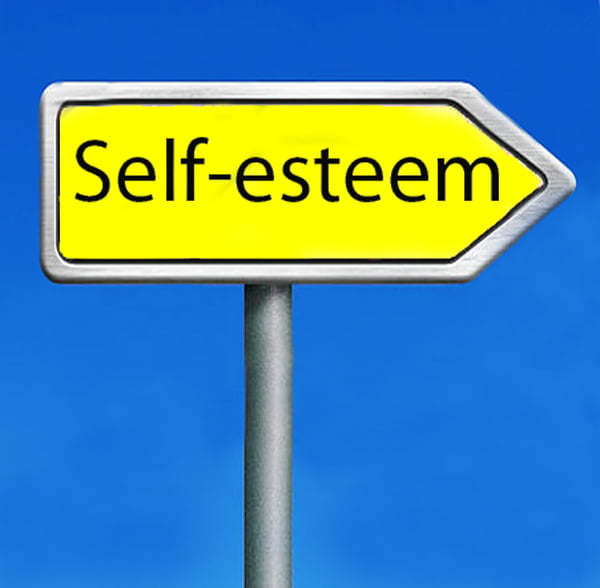
A collation of concepts like self-respect, self-worth, and self-image can be used to understand self-esteem. It is the confidence one has in their own self pertaining to their abilities, achievements, aspirations, etc.
Self-esteem is the value judgement of oneself. Our own opinions about us consist of our self-esteem. A person with high self-esteem would love themselves and be confident and sure of all decisions they make and would have a healthy mind. Whereas a person who may is low on self-esteem would always engage in self-doubting behaviour and would be unsure and distrustful towards themselves resulting in an unhealthy lifestyle and poor decision making due to a flawed thought process.
Studies indicate that by the age of 7 years we develop self-esteem in at least 4 areas: academic competence, social competence, physical/athletic competence, and physical appearance. With age, these get more and more refined as we gain a clearer understanding of ourselves and the world around us.
There are multiple reasons for low self-esteem –

- Insecurities about appearances, achievements, etc.
- Childhood traumas
- Demotivating company of friends and family
- Over-achieving friends or family
- Wrongly evaluated competencies
- Social rejection or exclusion
- Self-proclaimed high standards
- Perfectionism
What is Productivity?

In a broad economic sense, productivity refers to the output per unit of input. So if you are putting in 6 hours in a day towards studying and only getting done one chapter it is not considered productive since the input outweighs the output by a huge gap. Since productivity can mean different things for each distinct activity, there is no universal measure. Perhaps on a personal level, it comes down to expectations. If you think getting 3-4 chapters done with an input of 6 hours is satisfactory, then according to you, those hours were productive.
There are a variety of feelings that arise after a productive day like feeling accomplished, feeling happy, being proud of your work, feeling capable, a sense of relief, etc. and while all of this tip the scales in the favour of having high self-esteem the flip side is harsh and dangerous.
The intensity with which you feel these positive feelings would also determine the intensity of loss, guilt, frustration, anger, self-doubt, incapacity, etc. that you would experience when you are counter-productive.
Capitalism and Productivity

While wanting to be productive in order to feel good might seem like a natural tendency it may not completely be a result of our own thought process. In this time of globalization, we live in a capitalist society that influences every little and huge aspect of our life. Capitalism is a mode of production that can be best explained by profit maximization, private ownership, and minimal to negligible state intervention.
Capitalism promotes a free market and hence places most of its focus on profit-making. But when there is free competition in society the need to emerge victoriously heightens in every individual. Capitalists don’t just make a profit, they broadly influence how the world works and control the people who work for them.
Capitalism promotes sellable commodities that can churn out maximum profit. As a result, human beings look at hard work and maximum productivity as their road to become the best commodity so they can sell themselves in the corporate world and to dive face-first in the river of capitalism.
What is internalized capitalism?
Our culture and society conjure an environment of competition around us all the time. It takes birth with us and with time the intensity of competition and productive achievements being the measure of success becomes denser. Academic pressure today is at its peak, students find it easier to take their own lives than to take an entrance exam.
Firstly, let’s decode the mistaken notion that we all have, free will and freedom of choices. Consider the example of a child craving dairy milk silk, now the reason behind this may simply be hunger. However, it isn’t that simple. When we see an advertisement on TV of particular chocolate or soft drink and then again a hoarding while driving to work and yet again another advertisement on the radio and your child too is exposed to all these so naturally when you wish to eat something sweet Cadbury dairy milk kuchh meetha ho jaye comes to your mind. This is the most harmless example of how every day our choices are fed to us.
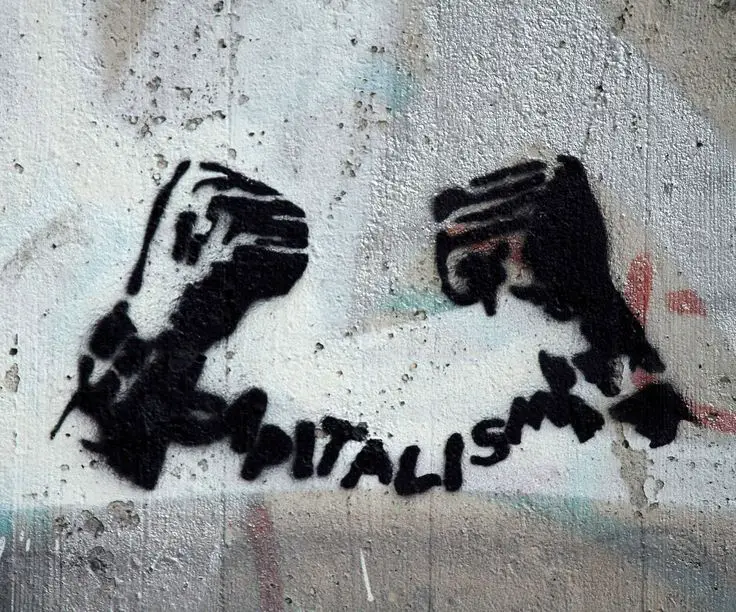
How to know if you’ve internalized capitalism:-
- If you measure your worth in terms of the academic/professional work that you do.
- If your to-do list only consists of ‘productive tasks’.
- If you feel guilty for resting.
- If you only shop from big established brands run by capitalists.
- You neglect your physical and mental well-being.
- You think hard-work up to your breaking point is the only way to succeed.
- If you constantly think about making yourself profitable.
If you can relate to most of these points you have successfully internalized capitalism and chances are, because of that you pressurize yourself for being productive, and on failing to achieve your goals, you feel low, which directly affects your self-esteem.
Improving low self-esteem
1. Dissociate self-esteem with productivity

The two concepts are not mutually dependent. Productivity is a drop in the pool of what consists of you and makes up your self-esteem. Productivity may influence how you feel throughout the day but shouldn’t dominate it.
2. Keep a good quality of people in your immediate circle

Our friends and family contribute towards our self-worth majorly. Positive encouragement as well as constant support formulates our identity and amplifies our own value in our minds. Eliminate people who make you feel guilty about being your true selves and in the name of concern provide unnecessary criticism.
3. Recognize and accept your flaws

Competencies are an important feature of our personality. However, every arena of life does not require our competency and we are allowed to be average and flawed at 3/10 things that we do or perhaps more.
4. Identify things you like to do
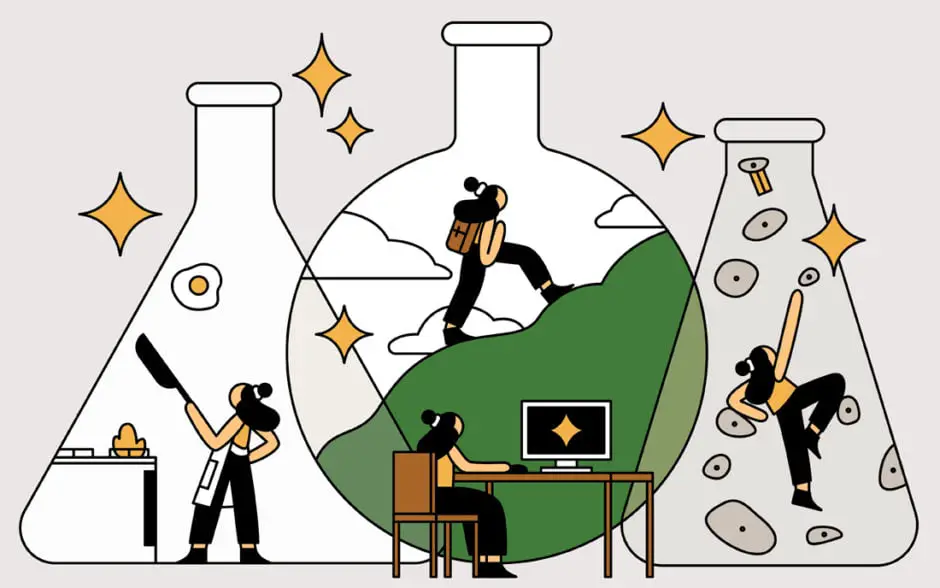
We all are good at a multitude of things, but we only highlight the economically profitable ones, which deteriorates the motivation as well as the quality behind it. We should also identify little things we like doing which may not be mainstream like deciphering movie plots, clicking pictures of your dog, reading complicated narrations, giving advice to your friends, making up funny tweets, singing your favourite song even if it’s out of tune, skipping the rope, maintaining an aesthetic Instagram feed, organizing your wardrobe, writing poems, etc. All activities that bring you joy even if they can’t be translated into monetary gains later are extremely important.
Being more productive
1. Customize productivity for yourself

At the risk of using this as a refrain putting it out there again identify things that bring you joy and give them innate value and consider them productive as well. Only monetary relevant activities and unidirectional blind hard work cannot be considered productive.
2. Organize yourself
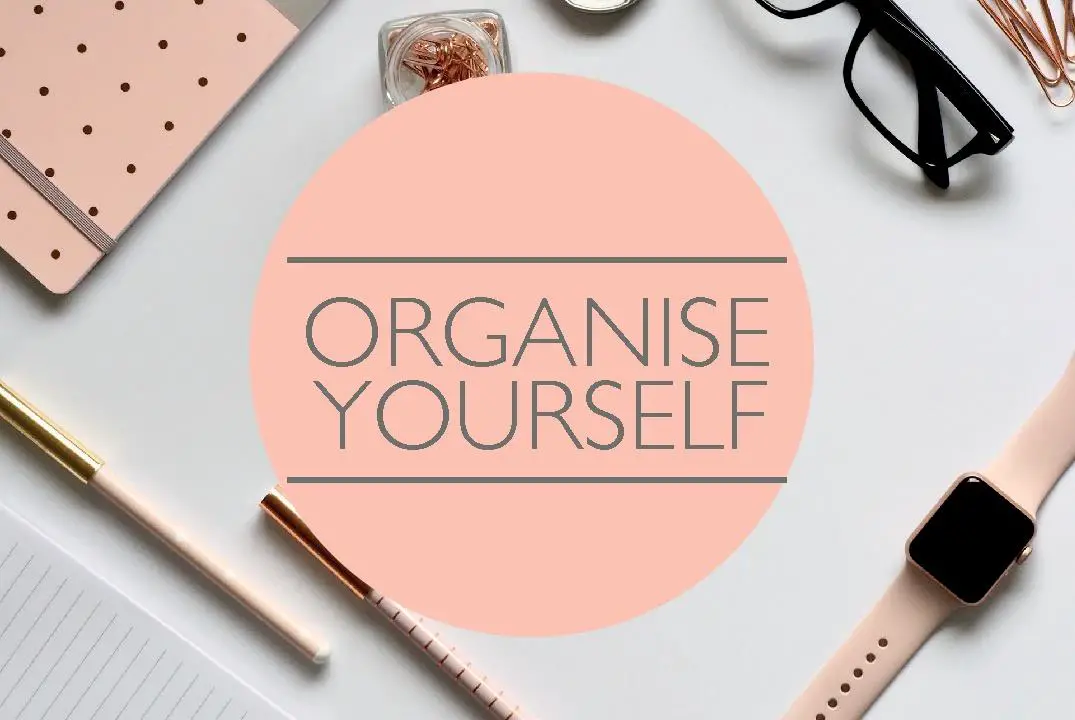
Organize your errands, work, studies, and surroundings in a better way to come out of the fog of burden. Slowly start from the smallest task and climb up to the most difficult task tackling work as an aspect of your life in addition to all other personal arenas.
3. Set short term realistic goals
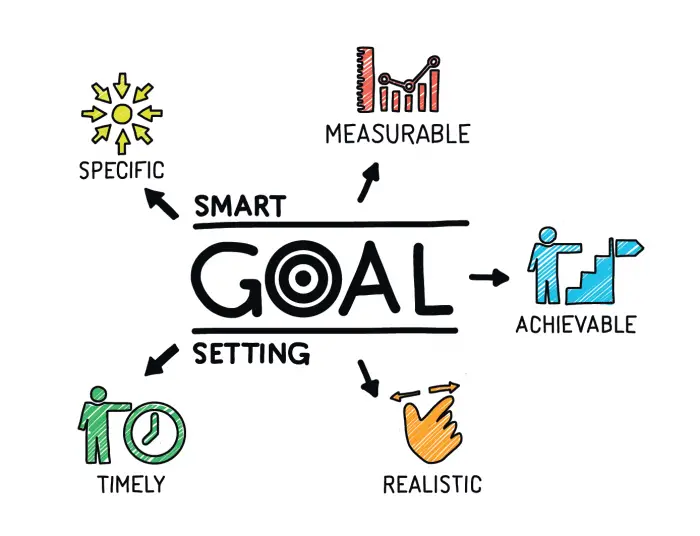
Do not over-estimate the work you can fit into a particular time frame and later get discouraged and disheartened when you’re unable to fulfill your desired goals. Therefore, set short-term achievable goals based on your own capacity and productivity levels and pace to avoid unnecessary feelings of failure.
When a concept as complicated as productivity is fed to us from the minute our brain is mature enough to comprehend what is good and bad for us it becomes tedious and almost irrational to dissociate ourselves from it however by making little changes and educating yourself more about what goes on around us and how it affects us we can lead a healthier life style and reach our potential better by categorizing achievements, productivity, leisure and self-worth.
Read Also: How To Stop Procrastinating And Start Getting Things Done: 3 Tips



